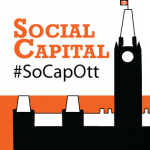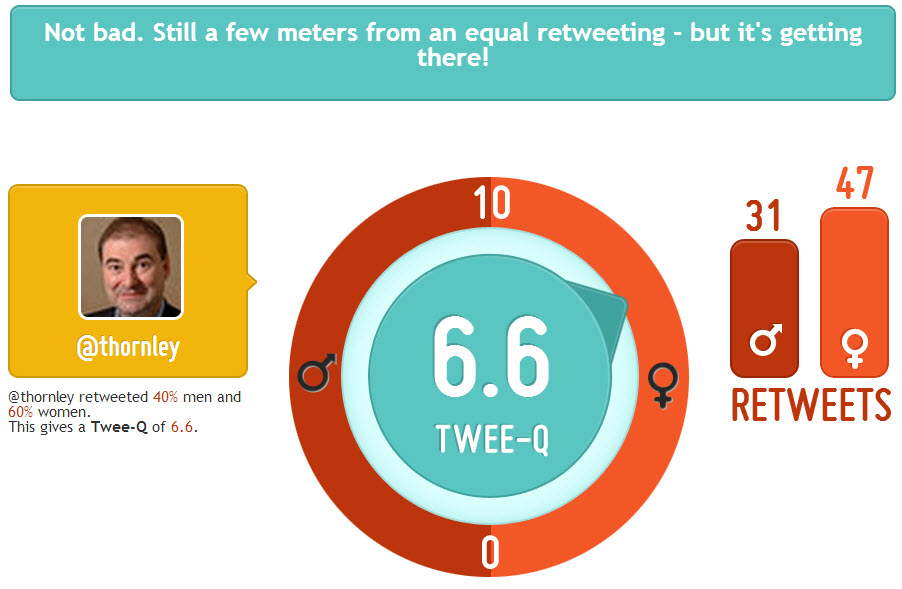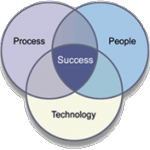 The third edition of the Social Capital Conference will be kicking off next weekend. Like last year, this year’s event will be sold out, with every available spot filled. And participants this year will attend a conference that has expanded to offer a day of practical workshops alongside a more ambitious speakers lineup.
The third edition of the Social Capital Conference will be kicking off next weekend. Like last year, this year’s event will be sold out, with every available spot filled. And participants this year will attend a conference that has expanded to offer a day of practical workshops alongside a more ambitious speakers lineup.
Organizing a community-focused conference is no small feat. And I think there’s much we can learn from the organizers of successful conferences that we can apply to our own projects.
So I was delighted to have a chance to interview Karen Wilson, one of the co-founders of the Social Capital Conference, for the Inside PR podcast. You can listen to that recording as part of the Inside PR 3.33. I also recorded a video of our interview, which you can see here.
Among the things that Karen shared:
Make the conference planning a two way conversation.
Interact with your participants before and after the conference. Every year, the organizers of Social Capital survey participants and potential participants to find out what they want in a conference. “We’ve been listening to the participants since day one,” Karen asserts. We incorporate what they tell us with the lessons we’ve learned ourselves to make the conference better each year.
Get over the tools. We’ve got issues
In three years, Social Capital has evolved beyond sessions focusing on social media tools to instead offer tracks that focus on topics relating to issues people must deal with when they are active in social media: content creation, law and ethics, strategy and then a series of case studies. This meant that the organizers abandoned some of the content streams they had first planned for this year’s conference when they realized that the topics being proposed by speakers were quite different from what they expected. “We looked at the topics that were being submitted and realized that the topics we had picked weren’t the things people are interested in,” says Karen. “We redesigned the conference to fit [people’s interests.]”
Change is essential. But expectations must be respected.
Mistakes that we can learn from? “Be careful about making too many changes at once,” says Karen. “There are expectations set every year and when you make too many changes at once… We moved the date of our conference, raised prices and added a second day, and it’s been harder to sell. It’s challenging when people are used to everything being a certain way and then it starts to shift.” So, balance established expectations with innovations.
The conference experience is about the attendees as much as the speakers
Karen also shared her advice from the perspective of a conference organizer to attendees on how they can have the best possible experience at the conference. “You get what you put into it,” she offers. “If you sit at the side of the room without interacting with people … you won’t get the full learning process. Even if you’re shy, go up to people and talk to them.” It’s not just about listening to the speakers. It’s about meeting the people in the room who share your interests and forming bonds with them.
Thank you to Karen and her co-organizers for all the work you put into organizing Social Capital. I’m definitely looking forward to attending and learning from both the speakers and fellow attendees.
What do you think? If you’ve organized a conference, what advice would you offer. As a conference attendee, what advice would you offer to conference organizers?





